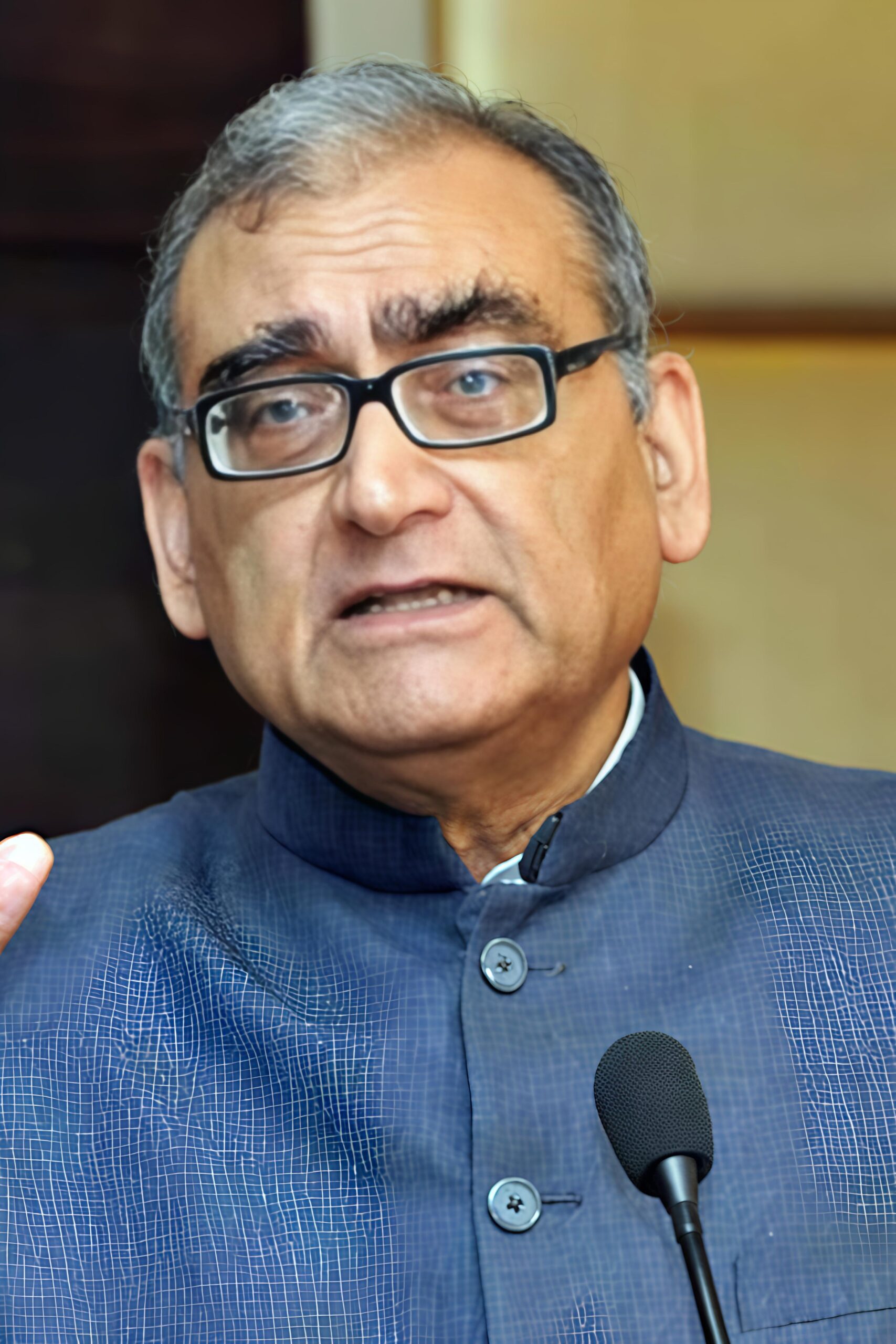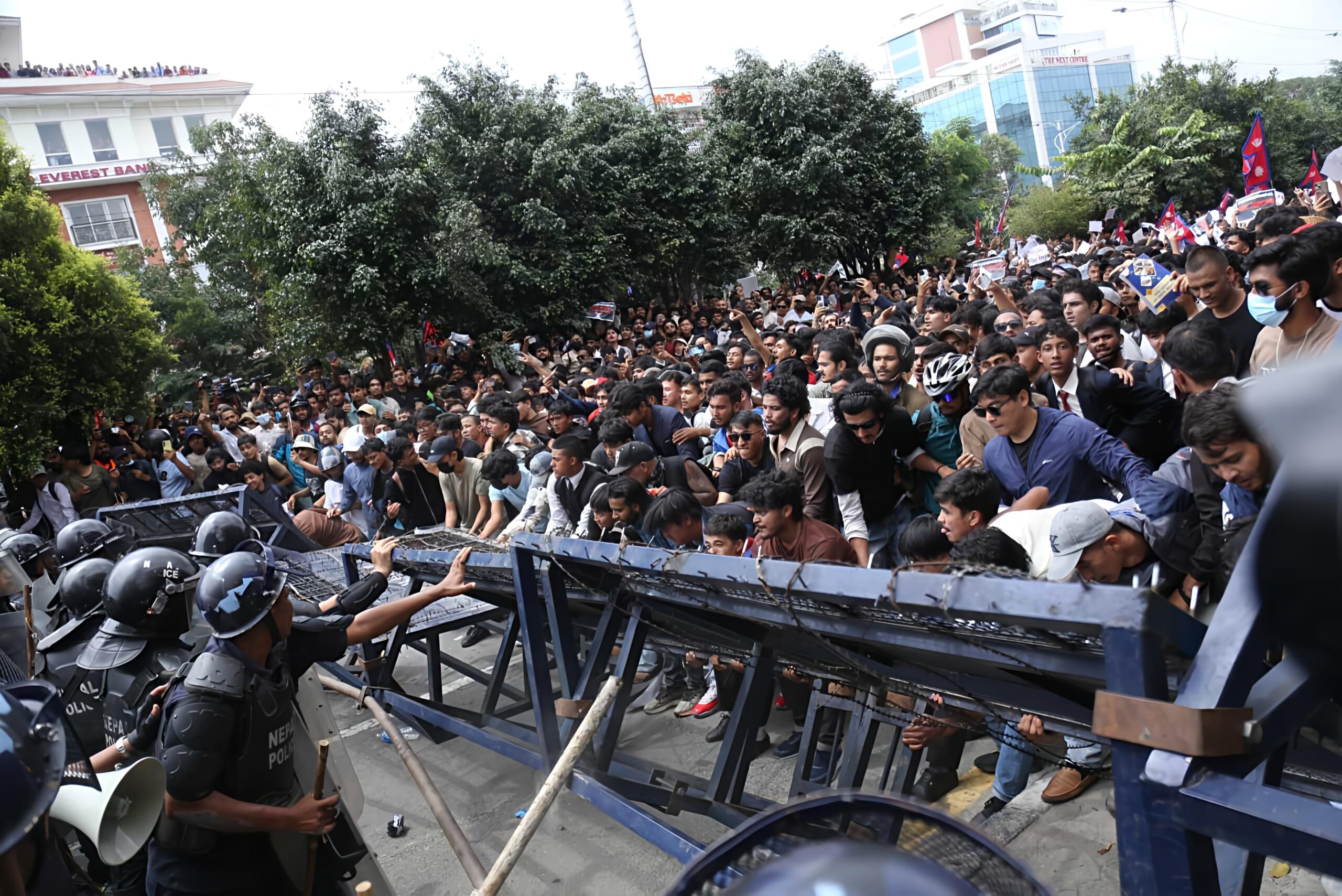Recent developments in Nepal need a deep analysis of the situation.
The protests that erupted on September 8 in Nepal have thrown the country into chaos. Beginning as a protest by the youth under the banner of “Gen-Z” over the government’s social media shutdown and entrenched corruption, it became violent soon enough. Houses and offices of political leaders, including that of Prime Minister KP Sharma Oli, were set ablaze. Gunfire by police killed more than 30 people. The capital city is under curfew, flights remain suspended and the army is sent into the streets. Oli himself has now stepped down.
Most of the media blames the explosion of fury on unemployment, graft and limitations on freedom. These are very legitimate issues. Yet I believe the entire situation calls for more of an international perspective: the crisis of Nepal can’t be separated from the global competition of our times.
Today the world is divided into two camps: the US-Europe coalition and the China-Russia coalition. Both are deterred by nuclear deterrence from head-on confrontation, and thus the fights are carried on through proxies. The small country of Nepal is of colossal importance strategically because it falls between China and India.
Oli’s leftist inclination had brought Nepal within China’s orbit, a move that could only evoke anxiety within Washington. Even though there is no conclusive evidence, the scale and organisation of protests itself suggests foreign support, and probably the United States variety. Frustration within the country could’ve been the trigger, but the winds of geopolitics fanned the flames.
With the fall of Oli, the Western-oriented General Ashok Raj Sigdel-led Nepalese military took control, a development favorable for the West. But Beijing will not easily sanction a rollback of its influence in Kathmandu. To China, Nepal is paramount for its Tibetan frontier and its broader regional ambitions.
What the future holds, therefore, is a bittersweet period. Nepal’s internal agitations are compounded by the struggle for dominance among world powers. The tragedy is that the common Nepali can end up paying the cost of the proxy war being waged over their land.

Markandey Katju is a former judge of the Supreme Court of India and ex-Chairman of the Press Council of India. Known for his outspoken views, he writes frequently on law, politics, history, and social issues, sparking debate both in India and abroad.

